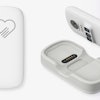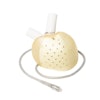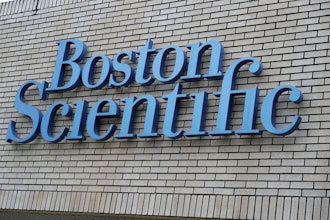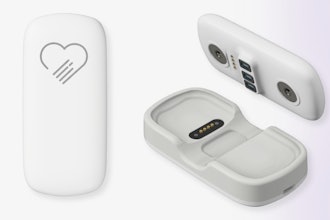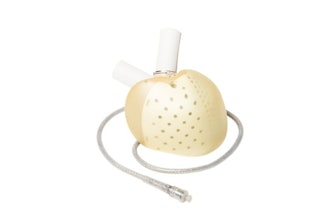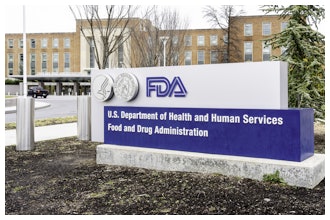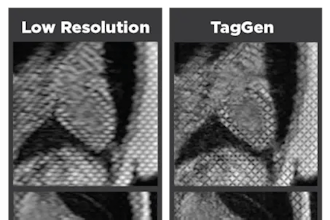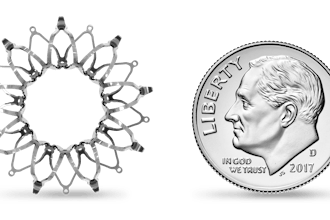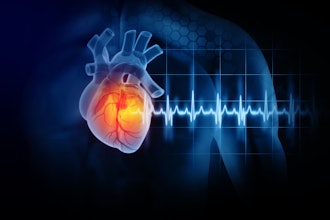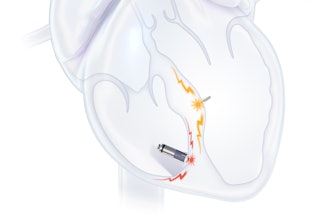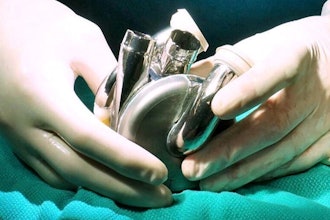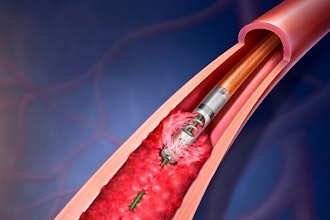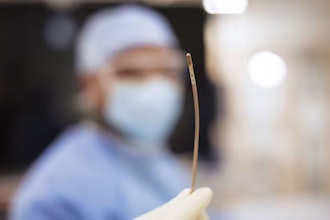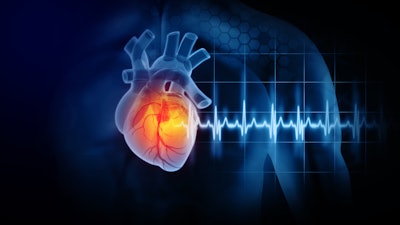
SeaStar, a medical device company developing proprietary solutions to reduce the consequences of hyperinflammation on vital organs, announces receipt of U.S. Food and Drug Administration (FDA) Breakthrough Device Designation for its patented cell-directed Selective Cytopheretic Device (SCD) for use with patients in the hospital intensive care unit (ICU) with acute or chronic systolic heart failure and worsening renal function due to cardiorenal syndrome or right ventricular dysfunction awaiting implantation of a left ventricular assist device (LVAD).
The Breakthrough Device Designation is expected to expedite the clinical development and regulatory review of the SCD for use in this patient population. This is only the ninth Breakthrough Device Designation granted by the FDA’s Center for Biologics Evaluation and Research (CBER) since the program’s inception in 2015.
“Cardiorenal syndrome is seen in the most severe cases of heart failure and is associated with a very poor prognosis,” said Kevin Chung, MD, Chief Medical Officer of SeaStar Medical. “The SCD is able to halt the downward spiral often perpetuated by a hyperinflammatory state driven by the innate immune system, giving these patients a fighting chance.”
In addition to preclinical data, SeaStar Medical’s Breakthrough Device submission included a first-in-human study under a National Institutes of Health (NIH) grant to the University of Michigan under which a patient with severe chronic heart failure who was ineligible for heart transplantation or LVAD implantation was treated with the SCD. The patient achieved the primary endpoint of a successful LVAD implantation and was discharged to home. Additionally, the procedure was safe and there were no SCD-related serious adverse events (SAEs), which is consistent with the SCD’s record of no device-related SAEs across multiple clinical trials in critically ill adults and children with acute kidney injury (AKI) and multi-organ failure.
“We believe the SCD represents a novel, innovative and transformative approach to treating hyperinflammation in severely ill patients with chronic heart failure. Receipt of Breakthrough Device Designation in adult AKI previously and now in cardiorenal syndrome, coupled with highly promising data from studies across multiple disease conditions, strengthens our position that the SCD’s proprietary mechanism of action of targeting dysregulated immune responses is organ-agnostic, with potential applicability in multiple high-value, unmet medical needs where hyperinflammation plays a role,” said Eric Schlorff, SeaStar Medical CEO. “We plan to work in partnership with the University of Michigan to conduct a larger clinical study in the same patient population to gather additional evidence to support the submission of a Premarket Approval (PMA) application to the FDA.”


